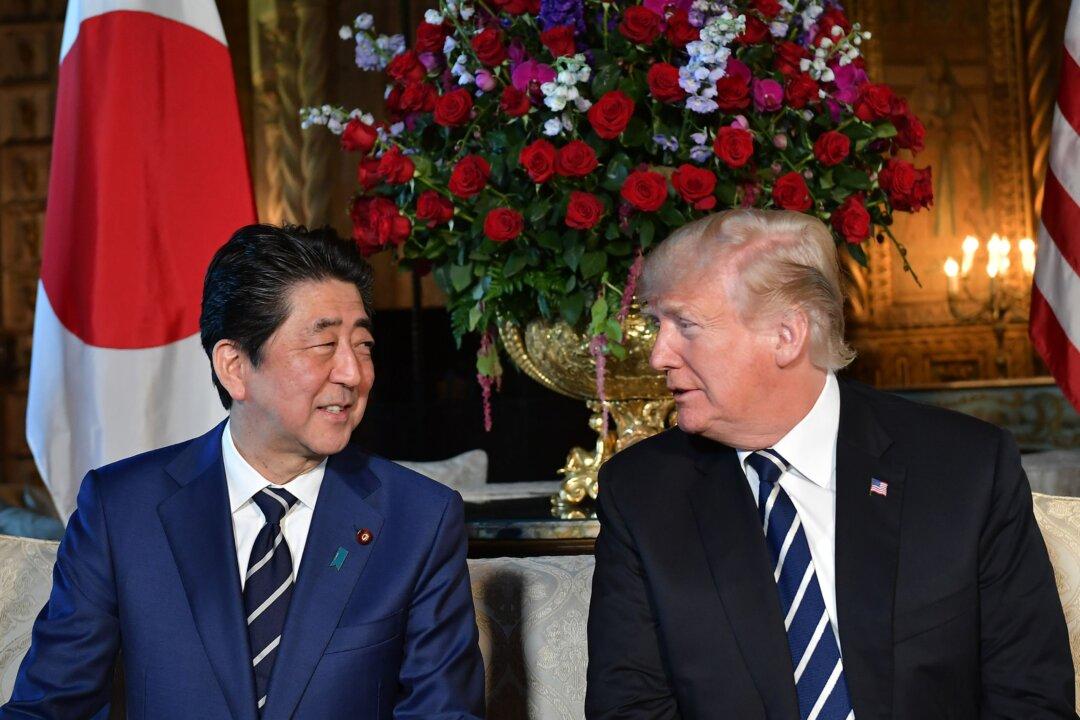History weighs heavily on East Asia. Unlike France and Germany, China and Japan are still waiting for their historic post-war reconciliation. The cloud of Japanese war crimes during the country’s occupation of China hovers over relations between Beijing and Tokyo.
Russia and Japan never signed a peace treaty after World War II, and their dispute over the Kuril Islands continues to fester. Tensions also linger between Seoul and Tokyo, which have their own territorial dispute and the sensitive issue of Korean “comfort women,” who were forced into prostitution during the Japanese occupation of Korea. Finally, there is still no peace treaty between the two Koreas.
